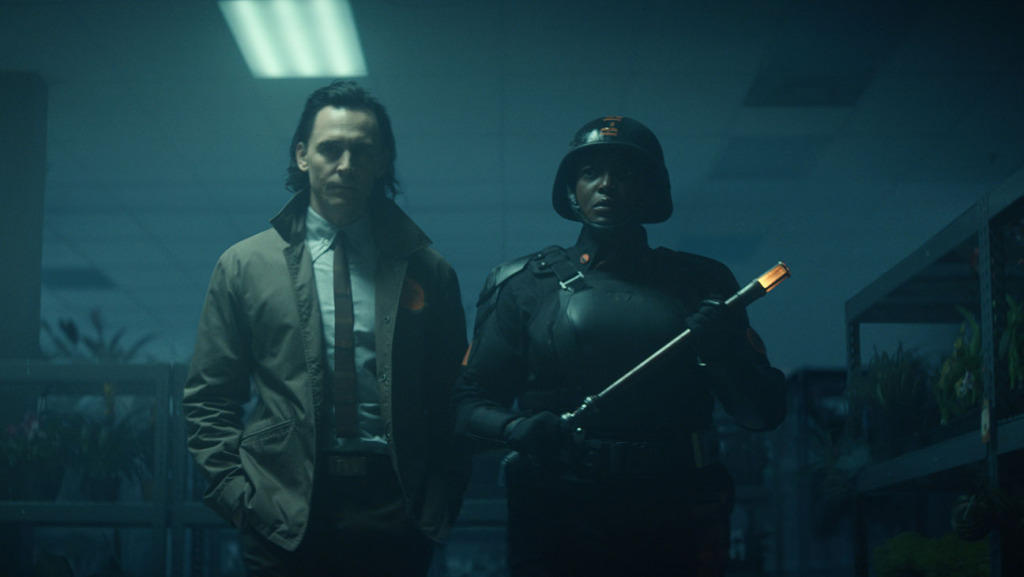And in that scheme, I see myself.” The second episode of Loki, “The Variant” wastes no time establishing the series’ apparent antagonist whose actions in the final minutes promise to have major ramifications for the entire Marvel Cinematic Universe.
Series creator Michael Waldron and director Kate Herron have established the series’ aim to explore Loki’s free will via the notions of what it means to be a hero or a villain through the role played in other people’s stories.
Because if Loki could convince beings to submit to his will and authority under false pretenses, then it certainly stands to reason that the Time-Keepers could as well.
Her reference to powers older than time could point to the as-of-yet revealed threat at the center of Doctor Strange in the Multiverse of Madness, that may only be defeated with help from Variants.
As Loki‘s ties to the larger MCU become more apparent, I can’t help but wonder if this revelation is what will allow Alfred Molina’s Otto Octavius to show up in Spider-Man: No Way Home as the same character from Spider-Man 2 Peter Parker’s meeting with a Variant Doc Ock gives him the knowledge to prevent the same fate from befalling the Octavius in his universe? Although knowing the “Parker Luck,” that knowledge and attempt to prevent the creation of an enemy may just lead to him inadvertently creating his own Doc Ock regardless.
Loki, the onetime God of Lies, may be the only one capable of seeing the truth at the moment, that the so-called sacred timeline is hindering the evolution of individuals’ ability to choose their own path and create their own narratives outside of the binary paths of good and evil, order and chaos, original or variant.
